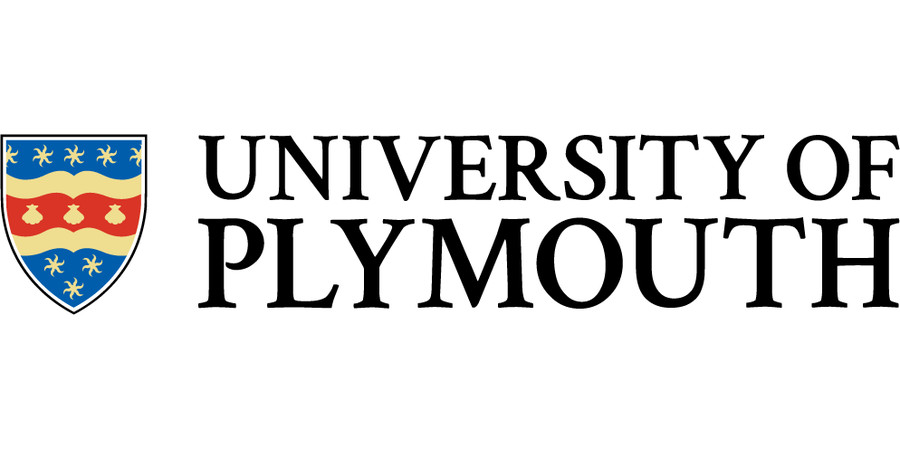PhD Studentship: Developing a data science pipeline to extract high resolution models of eyes from MRI scans
University of Plymouth - Mathematics and Statistics
| Qualification Type: | PhD |
|---|---|
| Location: | Devon, Plymouth |
| Funding for: | UK Students, EU Students, International Students |
| Funding amount: | The studentship is supported for 3.5 years and includes Home tuition fees plus a stipend of £20,780 per annum 2025-26 rate |
| Hours: | Full Time |
| Placed On: | 28th February 2025 |
|---|---|
| Closes: | 28th March 2025 |
DoS: Dr. Craig McNeile, (craig.mcneile@plymouth.ac.uk)
2nd Supervisor: Dr. Hetal Buckhurst, (hetal.buckhurst@plymouth.ac.uk)
3rd Supervisor: Dr. Dena Bazazian, (dena.bazazian@plymouth.ac.uk)
4th Supervisor: Prof. Phillip Buckhurst, (phillip.buckhurst@plymouth.ac.uk)
Applications are invited for a 3.5-year EPSRC funded UDLA PhD studentship.
The studentship will start on 1st October 2025.
Project Description
Myopia (short sightedness) is a significant public health concern with predictions of half of the global population being myopic by 2050. Not only does myopia require the afflicted to need corrective eyewear (spectacles or contact lenses) but high myopia can also lead to serious blinding complications such as retinal detachment and glaucoma. Myopia control is a relatively recent intervention which is proving to be one of the biggest revolutions in eyecare in recent years. However, the means by which it works is still unclear and there is a pressing need to better understand the mechanistic processes. To develop evidence-based treatments of myopia requires a method to extract the geometry and optics of the eye, in order to study the changes with treatment.
The aim of the project is to investigate analysis techniques to automatically extract 3D models of the eye and lens from MRI scans and optical coherence tomography (OCT) using deep learning techniques. To improve visualisation of critical features of the eye, such as the fovea, the student will investigate super-resolution machine learning methods. The student will learn practical machine learning skills applied to MRI scans. We collaborate closely with members of the Brain Research & Imaging Centre (BRIC) at the University of Plymouth. Ultimately both the imaging and analysis protocols that are developed during this PhD will be utilised in a wider longitudinal study that will investigate the mechanism behind myopia control and seeking to discover why myopia control is not universally effective. See here for further information.
Eligibility
Applicants should have a first or upper second class honours degree in an appropriate subject and preferably a relevant Masters qualification.
Applications from both UK and overseas students are welcome.
The studentship is supported for 3.5 years and includes full Home tuition fees, Bench fee plus a stipend of £20,780 per annum 2025/26 rate. The studentship will only fully fund those applicants who are eligible for Home fees with relevant qualifications. Applicants normally required to cover International fees will have to cover the difference between the Home and the International tuition fee rates. The international component of the fee may be waived for outstanding international applicants.
There is no additional funding available to cover NHS Immigration Health Surcharge (IHS) costs, visa costs, flights etc.
NB: The studentship is supported for 3.5 years of the four-year registration period.
The subsequent 6 months of registration is a self-funded ‘writing-up’ period.
If you wish to discuss this project further informally, please contact:
Dr Craig McNeile, craig.mcneile@plymouth.ac.uk
To apply for this position please click on the Apply button above.
Please clearly state the name of the studentship that you are applying for on your personal statement.
Please see here for a list of supporting documents to upload with your application.
For more information on the admissions process generally, please contact:
research.degree.admissions@plymouth.ac.uk
The closing date for applications is 12 noon on 28th March 2025.
Shortlisted candidates will be invited for interview shortly thereafter.
Advert information
Type / Role:
Subject Area(s):
Location(s):









